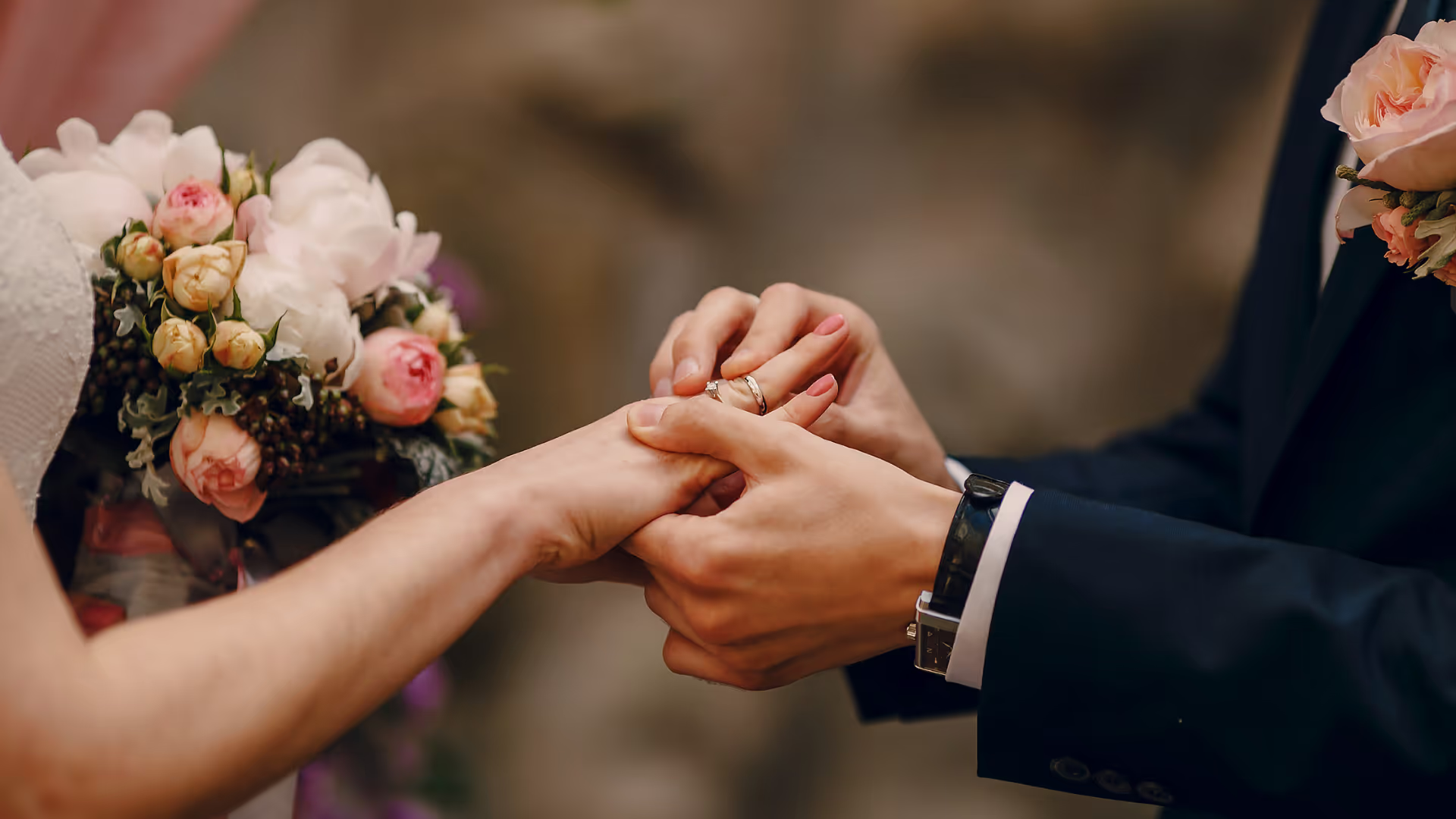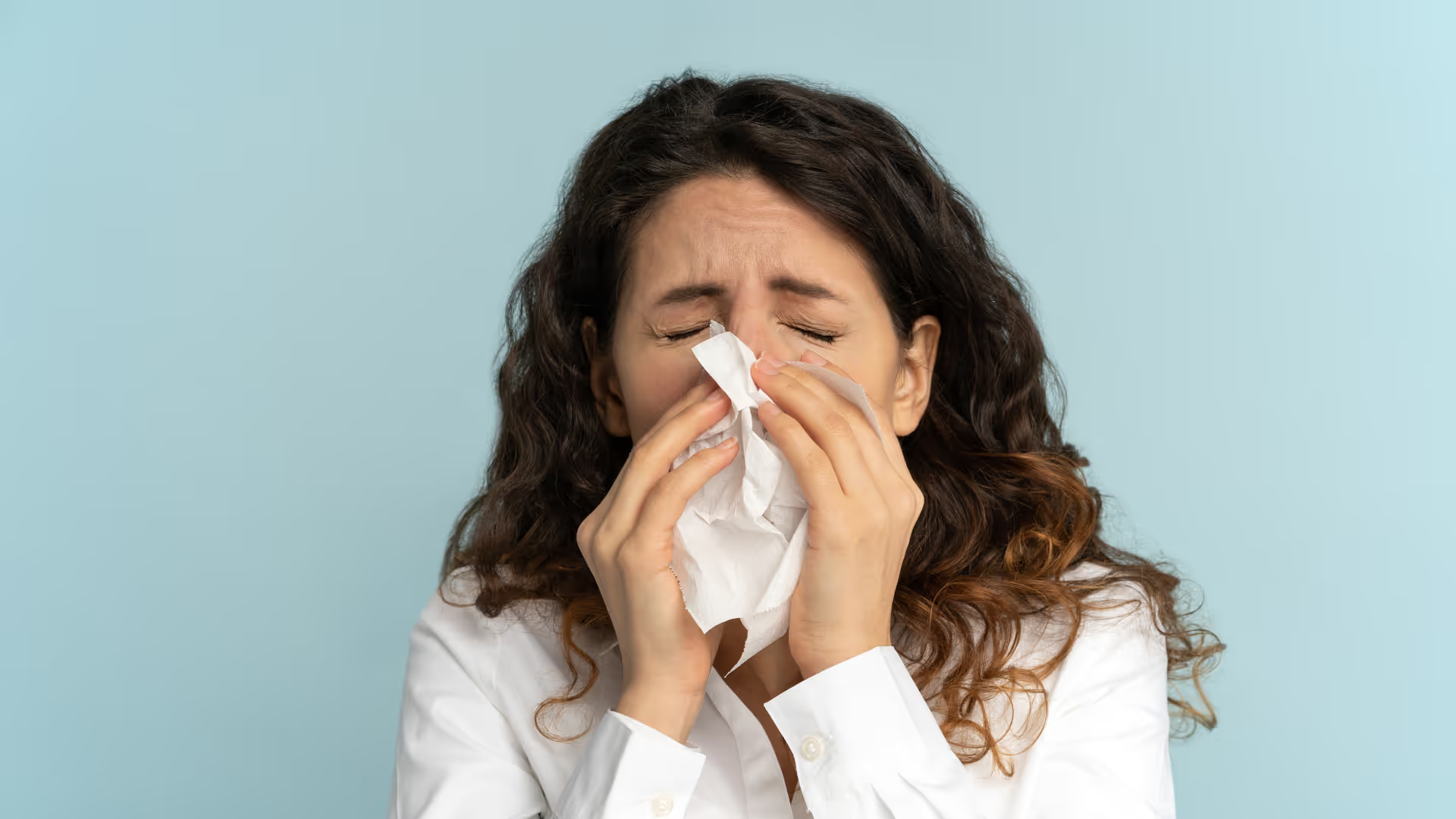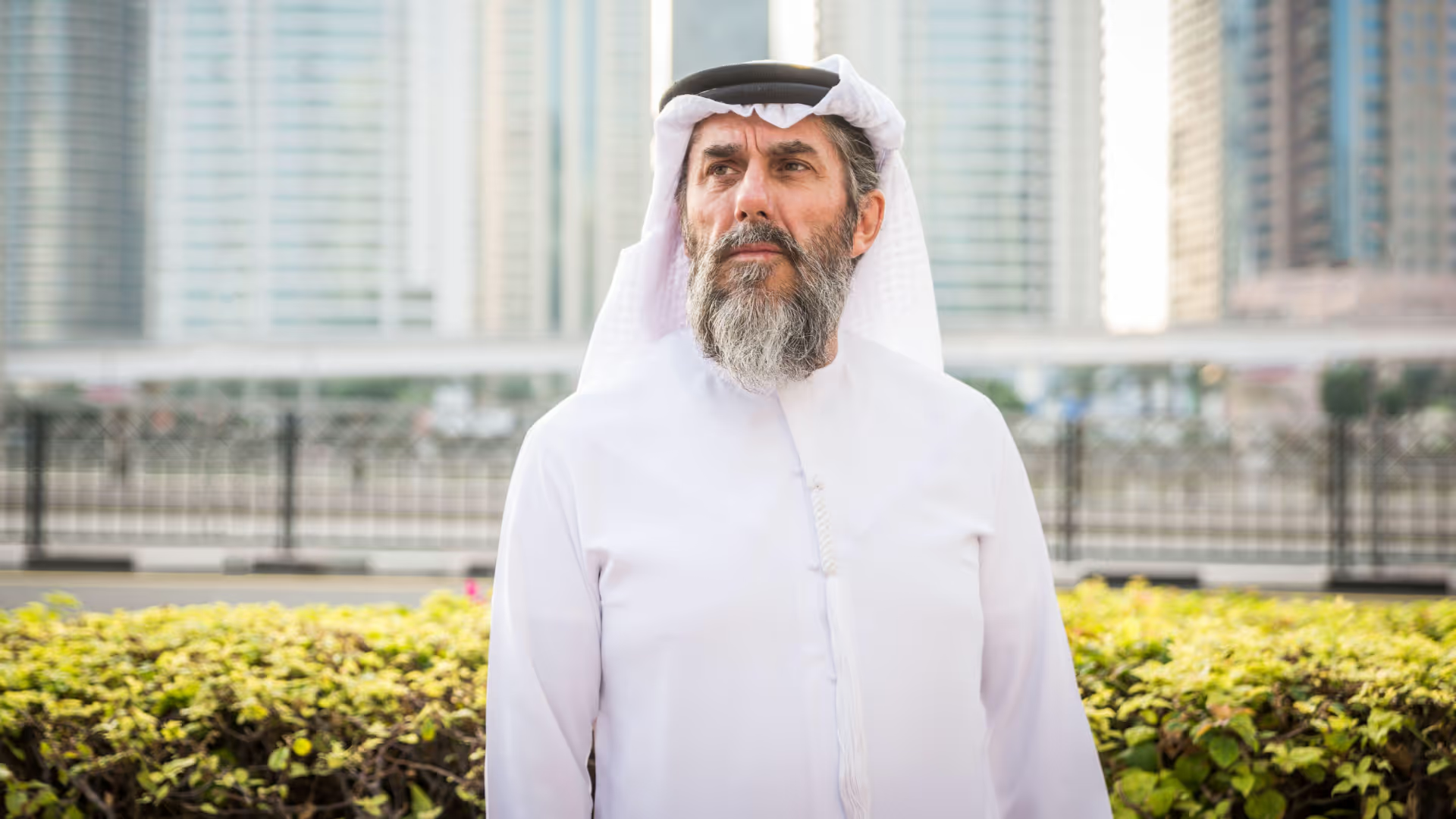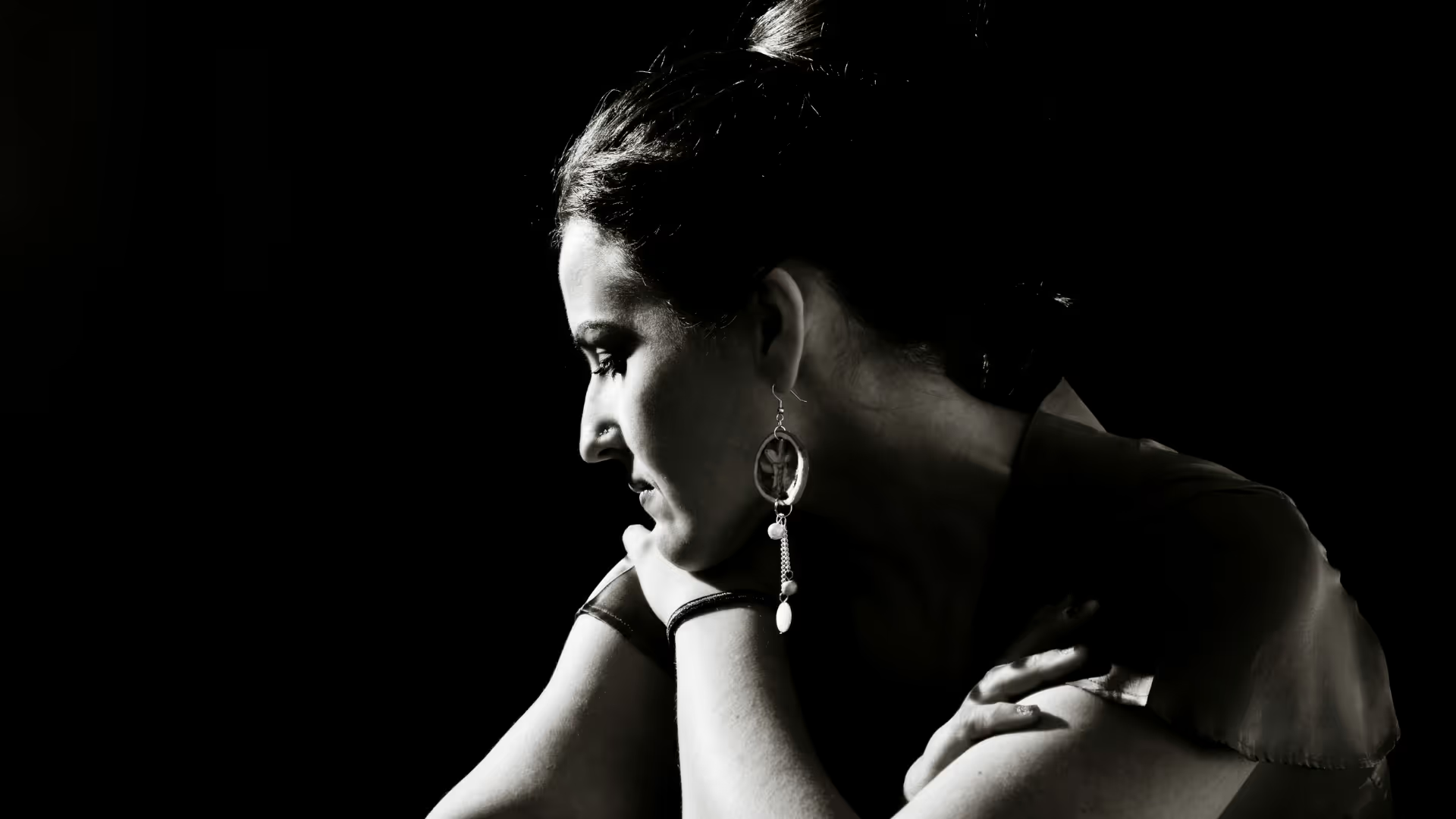
Understanding Protections for Victims Under UAE Domestic Abuse Law
The UAE's fight against domestic violence has evolved over time, with the government passing Federal Law No. 13 of 2024 on Domestic Abuse (the "New Law"). First and foremost, this legislation superseded Federal Decree-Law No. 10 of 2019 and broadened the scope of definition for domestic abuse, coupled with further protection for victims.
From a victim’s standpoint, it is crucial to understand the protections available, the mechanisms in place for reporting abuse, and the support services that can be accessed. Below is an analysis of these protections and the steps a victim can take to report a case.
Protections of Victims Under the New Law
The New Law provides a number of layers to protect victims in order for them to come forward safely and find much-needed support. The protections include the following:
- Broader Definition of Domestic Abuse The definition of domestic abuse can now include everything from physical abuse through psychological, sexual, and economic harm. This means coercive control, financial manipulation, or even emotional intimidation are abuses in their own right, against which protection can be sought.
- Emergency Protection Orders (EPOs) The victim may now apply for what is termed an Emergency Protection Order, a court order granting the victim immediate protection. In essence, EPOs are meant to restrain the abuser from communicating with the victim, entering into the victim's home, and harassing in whatever manner or communicating with the victim. An EPO can be issued in the absence of the abuser and is enforceable the very moment it is issued.
- Restraining Orders and Long-Term Protection In addition to EPOs, victims can also seek long-term protection through restraining orders. These orders grant continued protection against the abuser for a longer period and afford a legal means of keeping the abuser at a distance.
- Access to Shelters and Support Services Victims have the right to temporary shelter, counseling, and rehabilitation programs. Such services offer a haven for the victims to protect themselves and take necessary psychological and emotional counseling in overcoming the traumatic abuse.
- Medical and Psychological Assistance Medical treatment and psychological counseling also form part of the protective measures for the victims. By law, healthcare facilities are charged with the provision of the necessary care for the victims and the reporting of suspected cases of abuse to the appropriate authorities.
- Right to Confidentiality and Non-Retaliation The New Law has kept the victim's identity and other details concerning the case private. It is also protective against the abuser's retaliation, which, in other simpler words, signifies that any threatening behavior, harassment, or inflicting more harm on the victim for reporting the abuse will result in a more extended sentence given to the abuser.
Filing a Domestic Abuse Case: A Step-by-Step Approach for Victims
It is intimidating and overwhelming for the victims when it comes to reporting a domestic abuse case. The New Law has, however, provided a clearer route of reporting and supporting mechanism so that this process becomes easier and more accessible. Following is the step-by-step process of how the victim can report a case:
- Call the Police or Emergency Services If the victim is at immediate risk or in danger of their life, it advises calling 999-the UAE police for emergencies-or reporting to the nearest police station. The police are trained to handle cases of domestic abuse and can provide protection on the spot, initiate an investigation, and refer the victim to shelters or medical attention.
- File a Complaint with the Family Protection Department Victims can also directly approach the Family Protection Department at the police station. The Family Protection Department handles the cases of domestic abuse and issues EPO or restraining orders against the offender.
- Seek Medical Care and Report Abuse If the victim has sustained injuries or needs any medical assistance, then they need to be treated at the hospital or clinic. Any hospital or clinic medical staff is bound to document any injuries compatible with domestic abuse. The physician's documentation could be evidence in a case.
- File for a Protection Order A victim may make an application for a Protection Order through the Family Protection Department or courts. Legal services are usually provided to support a victim in making such an application. Once granted, the Protection Order restricts the movement and contact of the abuser with the victim.
- Contact Social Services or Victim Support Centers Presently, there are numerous bodies and facilities that provide services to the victims of domestic abuse in UAE. Some of them provide shelter facilities while others offer counseling facilities; a few even offer free legal services. The victim may go to such centers on their own or at the police's recommendation.
- Utilize Reporting Hotlines and Apps of the UAE The UAE has established several dedicated hotlines and mobile apps through which domestic abuse can be reported. Some of them are listed below:
- For Women and Children
- EWAA Shelter for Women and Children on hotline 800 7283: Dedicated to supporting women who are victims of domestic violence.
- Dubai Foundation for Women and Children (Dubai) on 800 111: Offers victims immediate protection and support services in accordance with international human rights obligations.
- Hemaya Foundation for Children and Women (Ajman) on hotline 800himaya (800 446292): Providing care, shelter and rehabilitation programs for victims of domestic and community violence in all its forms.
- Aman Centre for Women and Children through RAK Police on 07-2356666: Ensures shelter, protection and legal aid for victims of violence and trafficking in persons.
- Protection Foundation for Women and Children (Ajman/Local) on 0508973223: Strives to provide the necessary assistance and psychological support to victims of violence, women and children.
- For Children
- Child Protection Centre (Sharjah) on toll-free helpline number (Sharjah/ Local) on 800 700: For reports related to children exposed to risks and attacks of all kinds, such as physical, sexual, and emotional abuse, and neglect.
- Child Protection Centre (Abu Dhabi/ Federal) on 116111: Can be used to report abuse against children, including domestic violence.
- For Families / General Support
- Family Welfare Authority (Abu Dhabi/ Al Ain/ Local) on 8005354: Allows disputing parties to submit a request to the Social Support Centres to look into the problem and amicably reach a solution.
- Mobile Reporting Options
- Police Eye App: Allows residents to report domestic violence cases discreetly through a mobile application.
- DFW App: offers victims immediate protection and support services in accordance with international human rights obligations
- Engage a Legal Representative A legal representative can be quite useful in guiding the victim through the legal process. Lawyers can assist the victim in filing their complaints, seeking Protection Orders, and even in court appearance.
Important Points to Note by Victims
Victims of domestic abuse in the UAE are now further protected legally. The New Law goes a long way in providing wider definitions of abuse, immediate and long-term protective measures, a robust infrastructure of support, and importantly, has eased the process of reporting abuse without retaliation or exposure.
Identifying these rights and protections can make all the difference for victims and their loved ones in their search for safety and justice. If you, or someone close to you, is a victim of domestic violence, we encourage the contacting of law enforcement, social services, or a legal professional if necessary to seek options for relief and protection.

.svg)





















